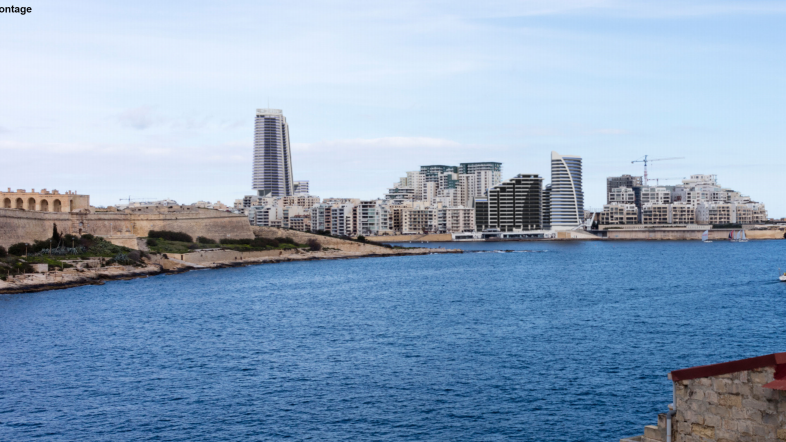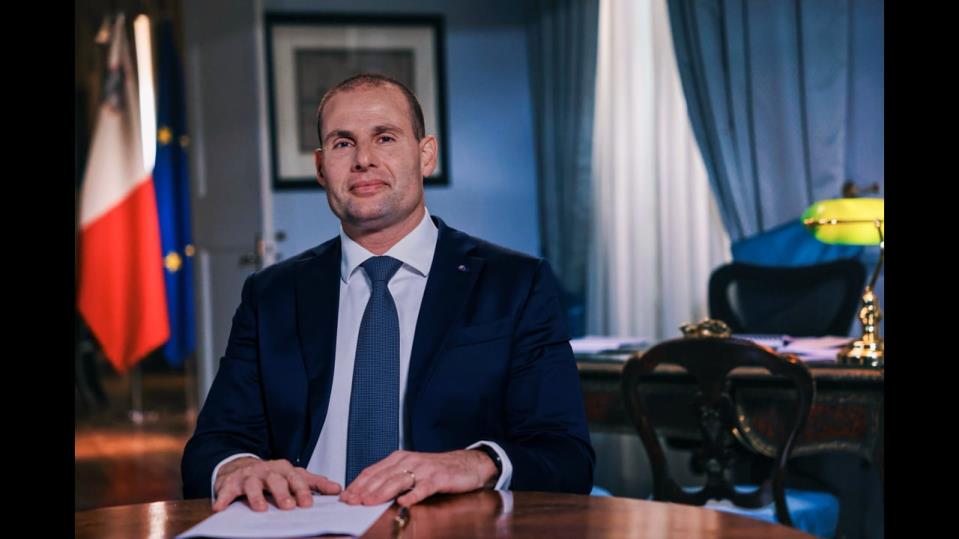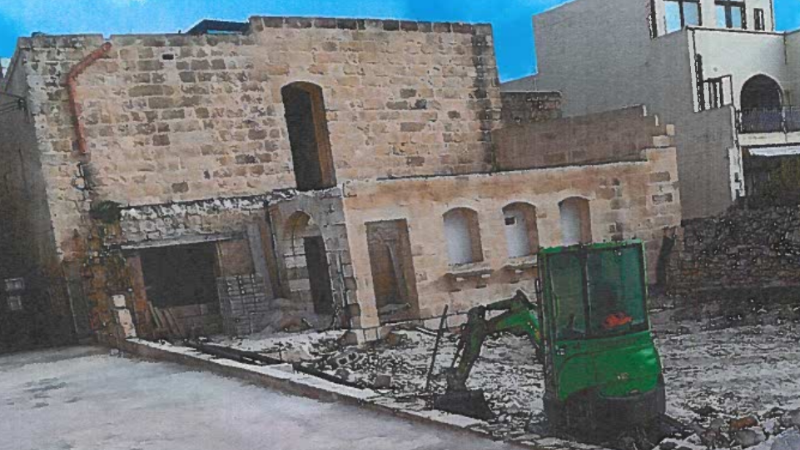Prime Minister Joseph Muscat outlined his dream of seeing Malta become a metropolitan country, when speaking to Party activists in Birgu last week
“This is why we are saying we need more people to come here and work – we have a dream of a metropolitan Malta, and there are things you simply cannot achieve with just 400,000 people,” he said.
He is right in pointing out that foreigners help Malta sustain its pension system and salaries of public servants through their taxes.
He is also right in encouraging his listeners to avoid xenophobic sentiments. Ironically, these were the same sentiments cultivated with regards to sub Saharan Africans when he used to advocate push backs.
Although Muscat has expressed regret on his stance, his government continues pandering to xenophobes. Last year nine asylum seekers from Mali were imprisoned for three months in a show of force, probably aimed at keeping the xenophobes happy.
There is a dangerous distinction underlying government policies between asylum seekers, perceived as a burden or a source of dirt cheap precarious labour, and high end foreign workers and property buyers who are actively welcomed and encouraged to move to Malta.
Muscat is wrong in ignoring the problems posed by his neo-liberal policy of opening up both the labour and property markets. This is because this policy is distorting both markets.
Apart from the inevitable pressures on infrastructure, the increase in traffic and the environmental impacts of the property boom which is taking a toll on our quality of life, the government’s open market policies are contributing to an increase in social inequalities.
A report commissioned to KPMG by the Malta Developers Association showed that the average rental prices in Malta have risen by roughly 47 per cent between 2013 and 2016.
The report said the main upward trend in rental prices was largely due to foreigners residing in Malta. The price of properties for sale rose by an average of 24 per cent between 2013 and 2016, with the average apartment costing around €228,000.
One major distortion in Maltese property market is also being created by the sale of passports programme which obliges the global rich to buy property in Malta.
The obvious consequence is increased hardship for both foreign and Maltese workers, especially those living on a low income.
European Commission forecasts also show that wage growth grew only moderately for the first half of 2017, even though the unemployment rate was very low, and skill shortages increased. One reason behind this was the increase in labour supply, including inflows of foreign workers. This indicates that the influx of foreign workers is depressing wages.
One major risk of such a policy is that of creating a two tier labour force; a cushioned segment of public service employees whose wages are subsidised by taxes paid by foreign workers. Moreover the foreign labour force is also polarised between high income earners in sectors like gaming and a precarious segment working in construction and tourism.
Another risk is a growing dependency on the gaming and financial services sector which are increasingly looked upon with suspicion by other EU countries. This system is reminiscent of the Arab gulf states and is not sustainable in the long term. It may also raise questions on whether our development model is compatible with EU membership, especially if other Member States move for increased harmonisation on fiscal matters.
The property boom may well become Malta’s Dutch disease, a term usually used to refer to the negative impact of the discovery of oil deposits on other sectors of the economy. The term is now also applied to countries relying on tourism, citizenship schemes and property development.
By aggressively promoting itself as a Dubai in the Mediterranean, Malta is over reaching. Short term bursts of economic growth risk undermining the other pillars of its economy. Moreover, social inequality is known to contribute to a regression of democracy and the emergence of more authoritarian forms of social control, something which is already happening.
Nationalist administrations have actively contributed to the creation of Malta’s economic model, but the disregard for the rule of law shown by Muscat’s government may well represent a point of no return.













